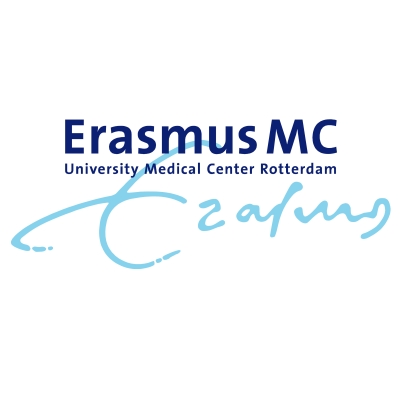Early prediction for hepatocellular carcinoma by using serological markers
Hepatocellular carcinoma (HCC) is the most frequent liver malignancy and the fourth most common cause of cancer-related death worldwide. Mortality from these tumours occurs primarily due to late detection. As the diagnosis and screening of HCC currently relies on advanced imaging modalities, many patients are not screened and thus diagnosed at late stages of disease which precludes potentially curative surgical intervention. The collaboration with Fujirebio opens new avenues for developing and implementing standardised clinical tests which will be able to identify patients with early stages of HCC.
There is a clear clinical need for accessible and reliable parameters to identify high-risk populations in order to decrease the high mortality rates. Since diagnosis mainly occurs during late stage disease only one third of the diagnosed patients is eligible for curative treatments. If it is possible to identify predictors for HCC development this would enable to diagnose patients earlier which would immensely increase treatment options and life expectancy.
Within the project there will be worked on serum biomarkers which could serve as a non-invasive tool for surveillance and early diagnosis of HCC. The performance of a broad set of relevant serological markers will be tested in a large cohort of serum samples obtained from patients who developed HCC as a consequence of different etiologies (HBV, HCV, alcohol, non-alcoholic steatohepatitis (NASH) etc.), but also from patients at risk, or patients with liver diseases without known HCC presence. Improving the knowledge about serum markers could lead to early diagnosis of HCC as well as better and earlier treatment strategies for this deadly disease.
In the first 6 months the set of markers will be tested in a liver disease cohort. In the following year the markers will be tested in selected HCC cohorts. Lastly the findings will be validated in a high-risk cohort.
This collaboration project is co-funded by the PPP Allowance made available by Health~Holland, Top Sector Life Sciences & Health, to EMC to stimulate public-private partnerships. For questions, please contact EMC directly via the following email address tki@erasmusmc.nl.


